How Is The War In Ukraine Impacting Commercial Real Estate Investors?
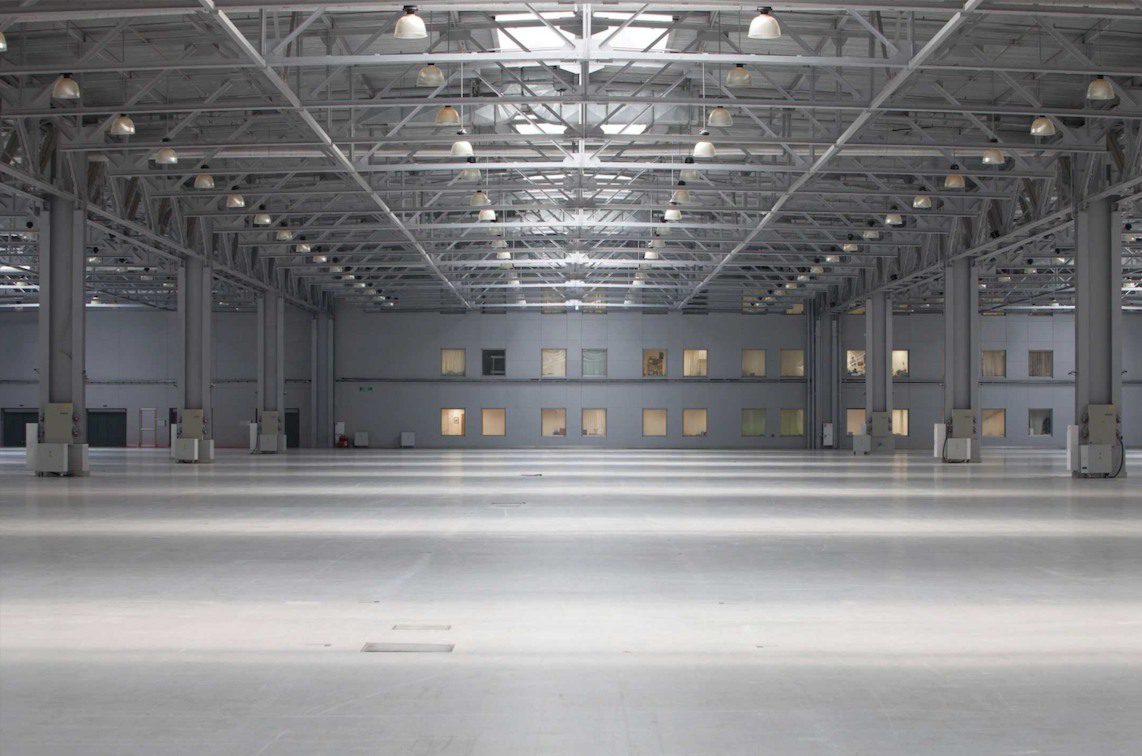
How Is The War In Ukraine Impacting Commercial Real Estate Investors?
The global commodity price surge that has followed Russia’s invasion of Ukraine is impacting Canada’s commercial real estate market – in both negative and positive ways, industry experts say.
Canada’s inflation has risen to 6.7 per cent, a 31-year high, according to Statistics Canada. To rein in runaway price growth, the Bank of Canada raised the interest rate in April by half a percentage point to 1 per cent – the largest single increase since 2000 – and stated more hikes are forthcoming.
In short, both building and borrowing cost more, so Canadian commercial real estate properties are more expensive than ever, according to CBRE.
Much of the inflated costs of construction, particularly those that use natural gas, will be passed on to tenants
“The overriding factor for commercial real estate right now is that we are looking at extremely strong job growth – a very large increase in the number of workers hired,” says Jean-François Perrault, senior vice-president and chief economist at Bank of Nova Scotia. “And, of course, you need to put those workers somewhere.
“We thought the commercial sector would do reasonably well coming out of the pandemic, and, to a large extent, that is still our view. Nothing is shaking us off that, even though, for instance, the cost of financing has increased.”
Investors are paying higher interest rates, Mr. Perrault explains, “but it’s occurring in a growth environment that’s the strongest expansion in about 20 years.”
“What happens in expansions is, real estate, in particular, does really well. So, the macro context in which people make investment decisions, including within the commercial real estate sector, is really quite favourable.”
“The economy is raring,” Mr. Stovell says. “Tenants are coming back. Very large U.S. tech company tenants and other business firms are forcefully coming back into the office market, taking a lot of space. [Many] of those companies grew tremendously during COVID.
“We have more than one million square feet of office space in the development pipeline, all going ahead as planned. So, I think the market is going to be strong.”
Still, Mr. Stovell is concerned about “radically out of control” costs of building supplies, “which have only worsened with Ukraine situation.”
For example, the price of steel, which has been rising for two years, just soared higher, he says.
Even though both Canada and Russia produce iron and steel, Russia exported almost $210-million worth of iron and steel to Canada during 2021 (out of $2-billion around the world), according to the United Nations Comtrade database on international trade. With that supply sanctioned, Mr. Stovell surmises the price has risen.
“It’s hard to know” whether the war is the direct cause of higher steel prices, Mr. Stovell admits, “because supply chains are multinational and very complicated. But it’s definitely all part of the overall uncertainty.”
Engineered white oak flooring and glass prices have also “increased dramatically,” he says.
The China-made flooring is manufactured from Russia-supplied oak, and while trade between those countries continues, the supply chain has been disrupted, he explains. The price of the popular light-hued flooring has quadrupled just since the war began.
“Our buildings use a lot of glass,” Mr. Stovell adds.
According to Statista, Russia is the second-largest silicon producer, after China. Sanctions have intensified a worldwide, years-long supply shortage, Mr. Stovell says.
In addition, it takes “a huge amount” of fuel to melt silicon into a liquid to make glass – another factor contributing to today’s exorbitant prices, he says.
Much of the inflated costs of construction, as well as the increased costs of operating buildings, particularly those that use natural gas, will be passed on to tenants, he says. Most commercial property rents have such increases built into leases.
Owners of multifamily apartment buildings can only increase rents based on the inflation rate. “Residential tenants are looking at a 5-per-cent rent increase or even higher,” Mr. Stovell says.
Some economists have relatively good news for tenants, however.
Benjamin Tal, deputy chief economist at CIBC World Markets, says inflation could be a short-term problem. “Sixty to 65 per cent of the inflation we are seeing now is COVID-related,” Mr. Benjamin said at the recent Vancouver Real Estate Forum.
“If you all agree with that assumption, that this is a transition year, [this inflation] should disappear over the next year.”
Still, Kevan Gorrie, CEO of Toronto-based Granite REIT, which owns 119 mostly industrial, warehouse and logistical properties in North America and Europe, warns that, unless Russian President Vladimir Putin is overthrown, Russian sanctions are expected to persist even after the war and, therefore, inflated commodity prices could continue.
In terms of inflation, “more on-shoring of production away from Russia and maybe even away from China to, say, Europe – from lower-cost jurisdictions to higher-cost jurisdictions – is certainly going to add fuel to the fire,” Mr. Gorrie says.
But, he says, economic growth will allow “rents to be able to outpace inflation for many years.” This makes commercial real estate “an attractive asset class for investors.”
Source The Globe And Mail. Click here to read a full story

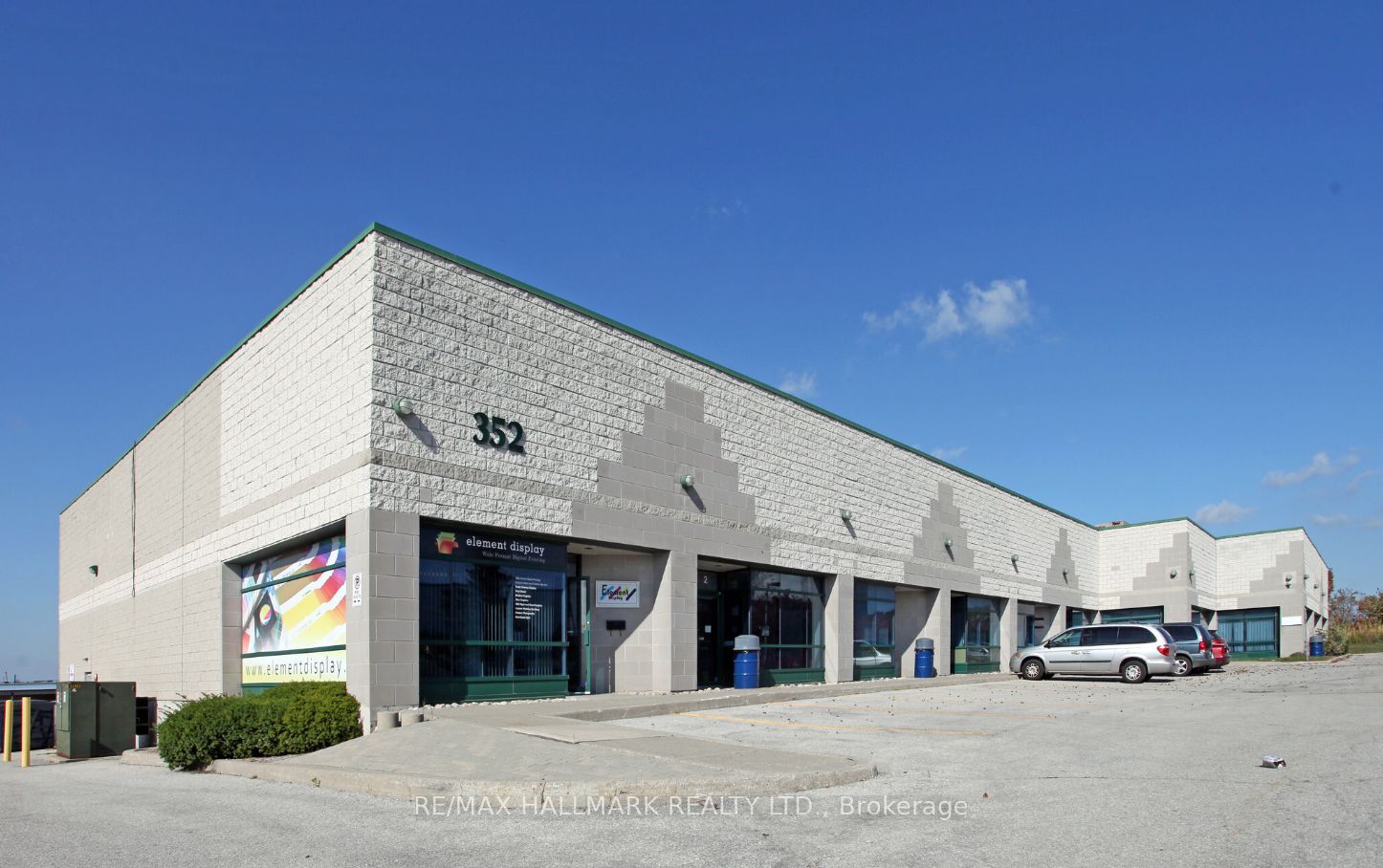

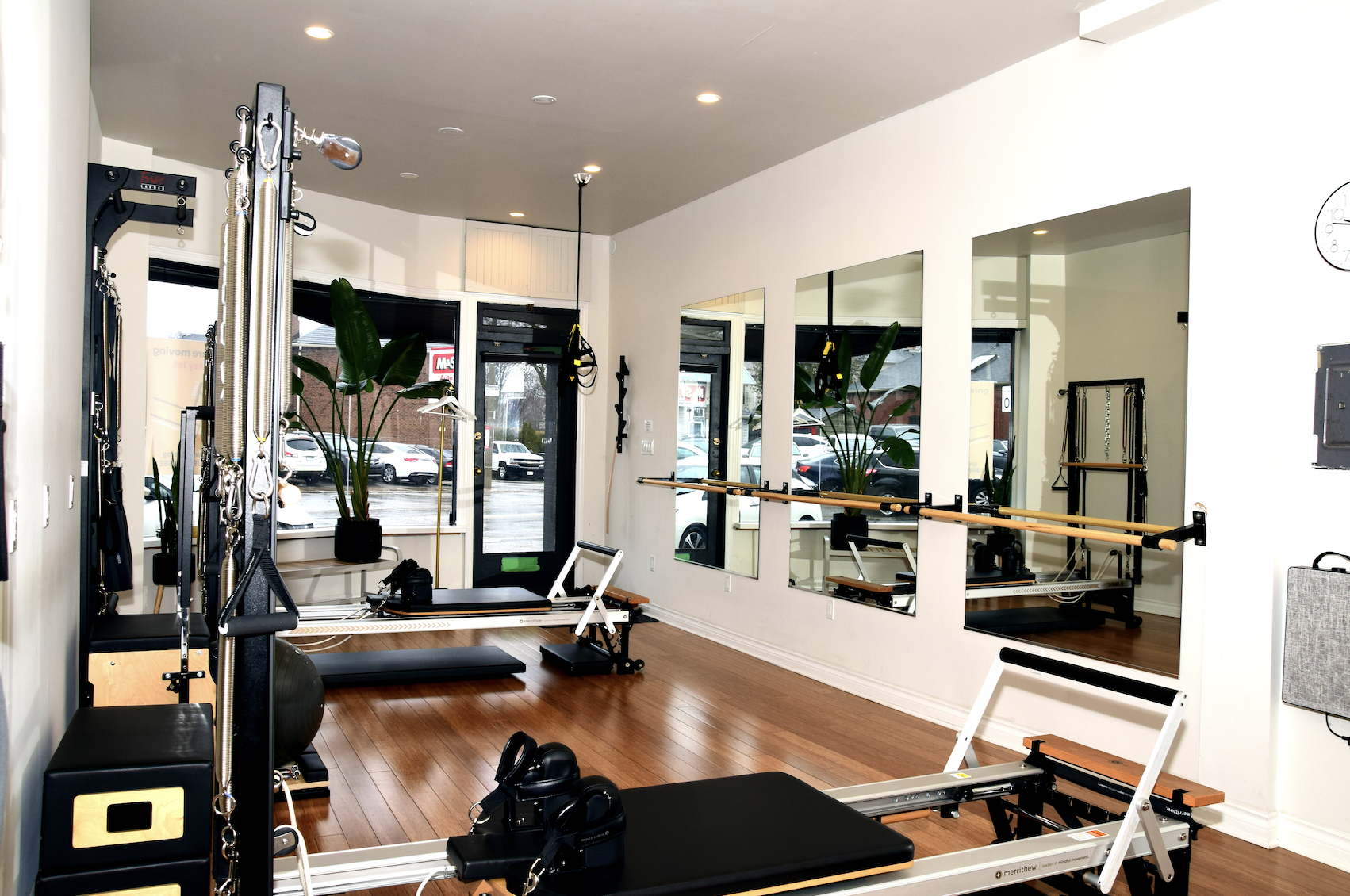
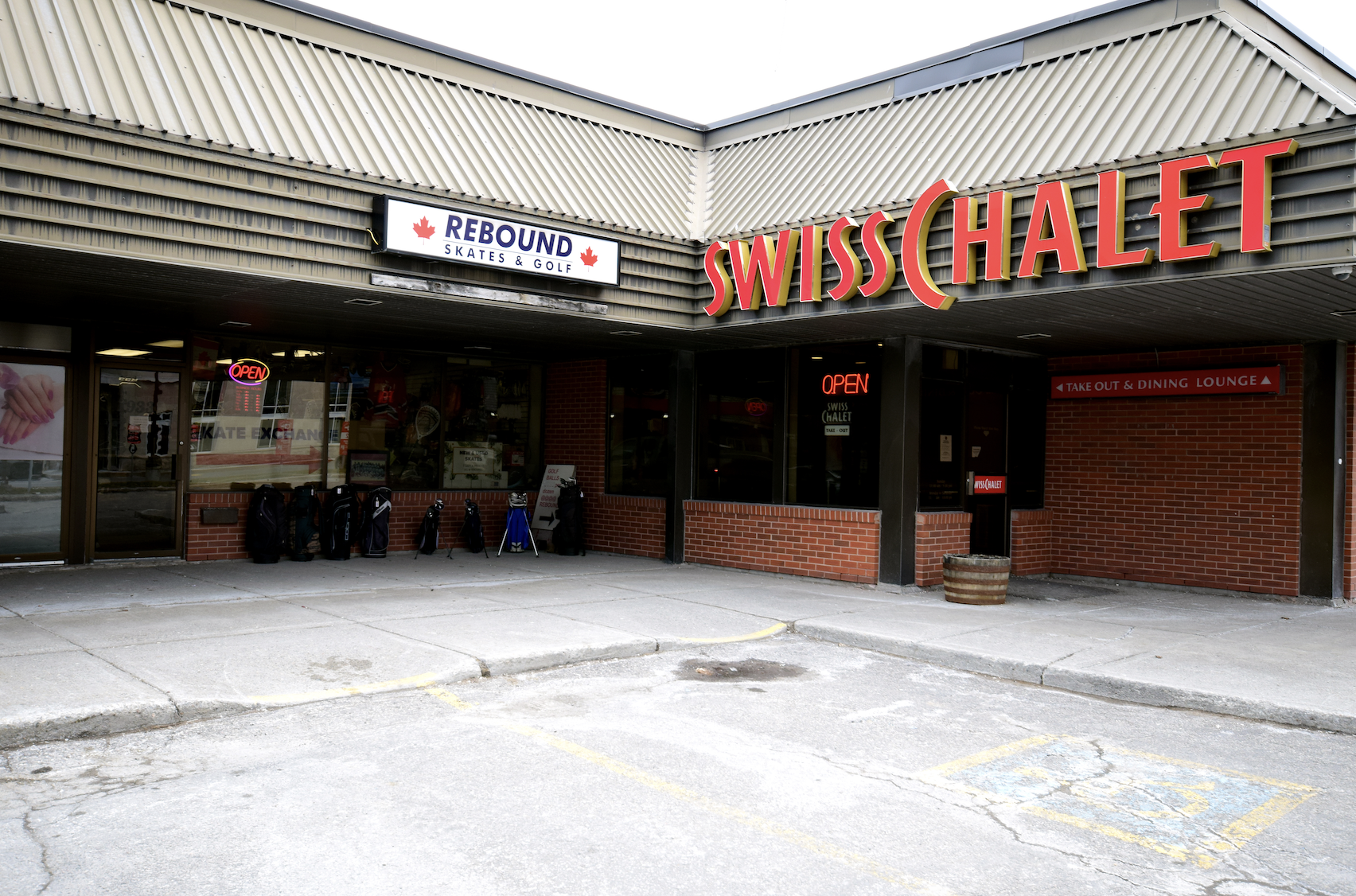
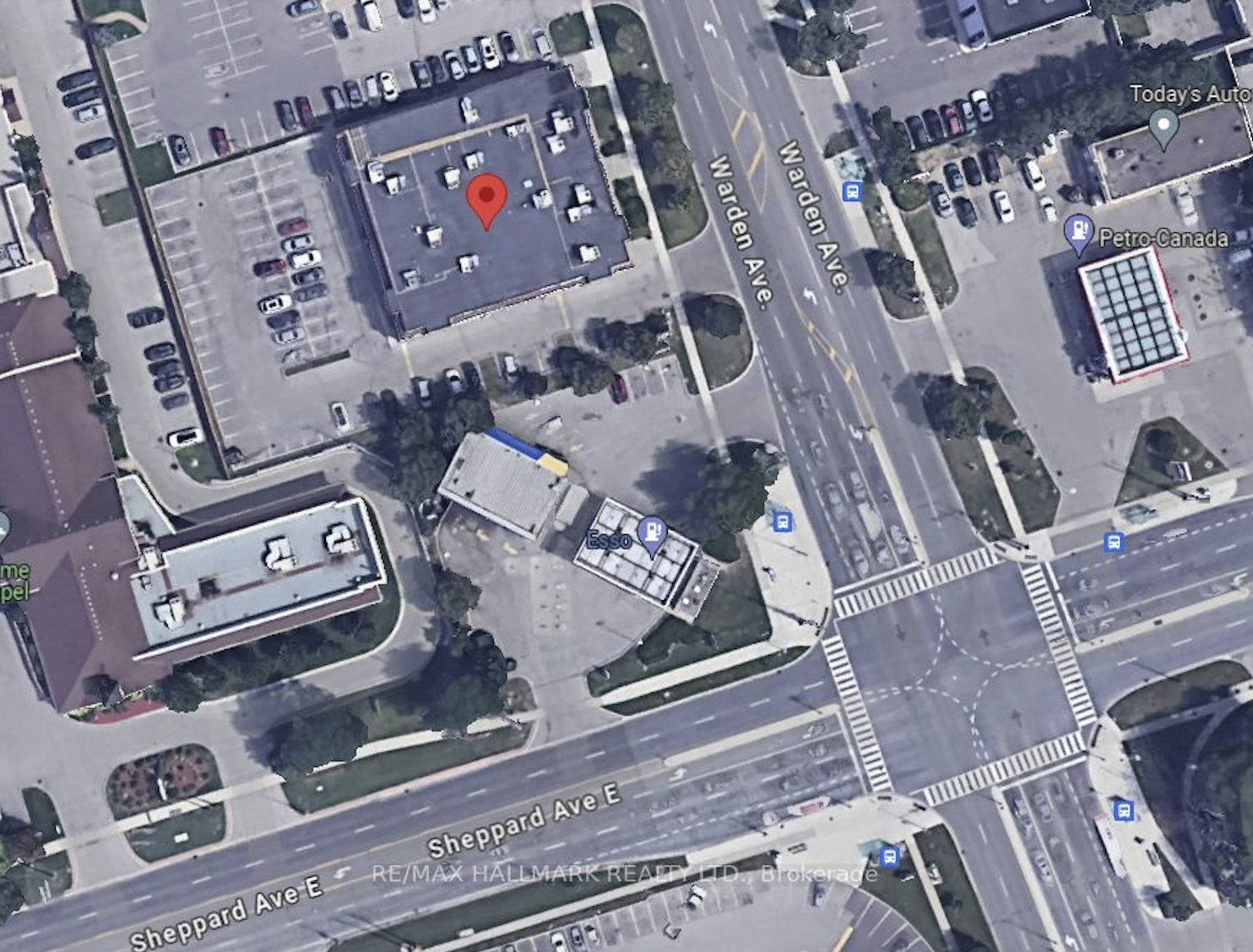




Binance开户 | Apr 3,2024
Thanks for sharing. I read many of your blog posts, cool, your blog is very good.